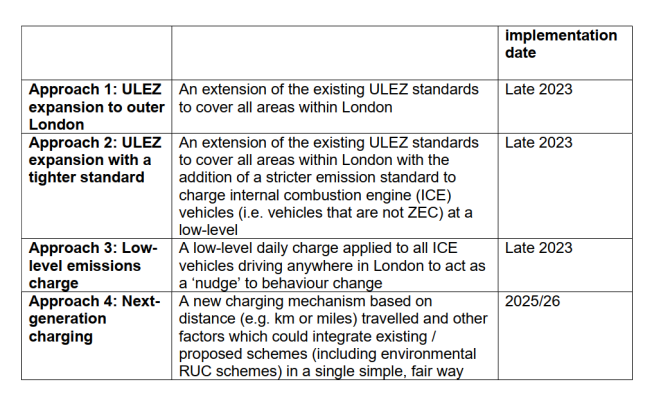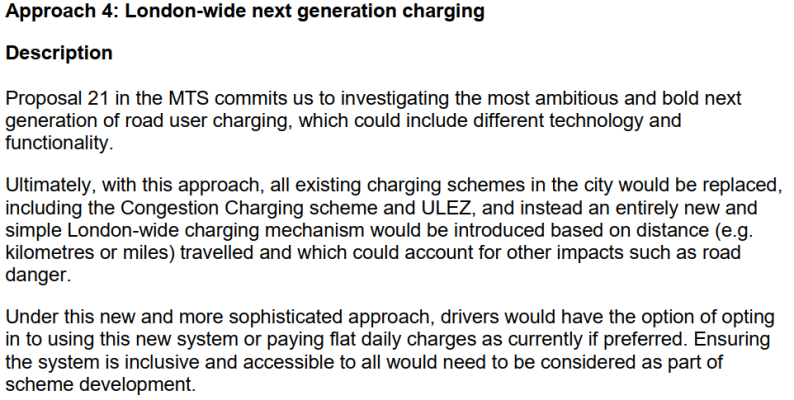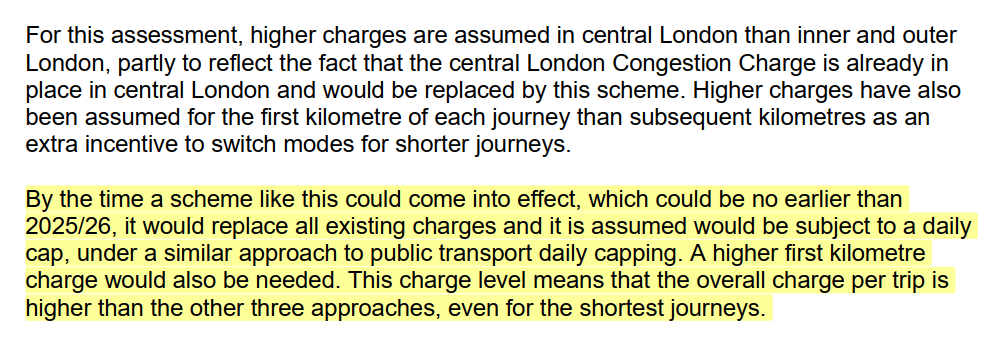- Joined
- Sep 27, 2016
- Messages
- 13,427
- Location
- UK
- Car
- Tesla Model S, Model 3 LR, Model X /// Previous: Jaguar XFR, Mercedes E320 CDI, C32 AMG, CLK 320
That’s absolute nonsense.Sorry but I don't buy into that. The Tesla I drove (P85D) owned by a friend of mine had the ability to switch off regen braking altogether, so the articles you've read would appear to be incorrect on that front.
The options for regen on the older induction motor Tesla cars are ‘standard’ or ‘low’… no off/on option unfortunately…





